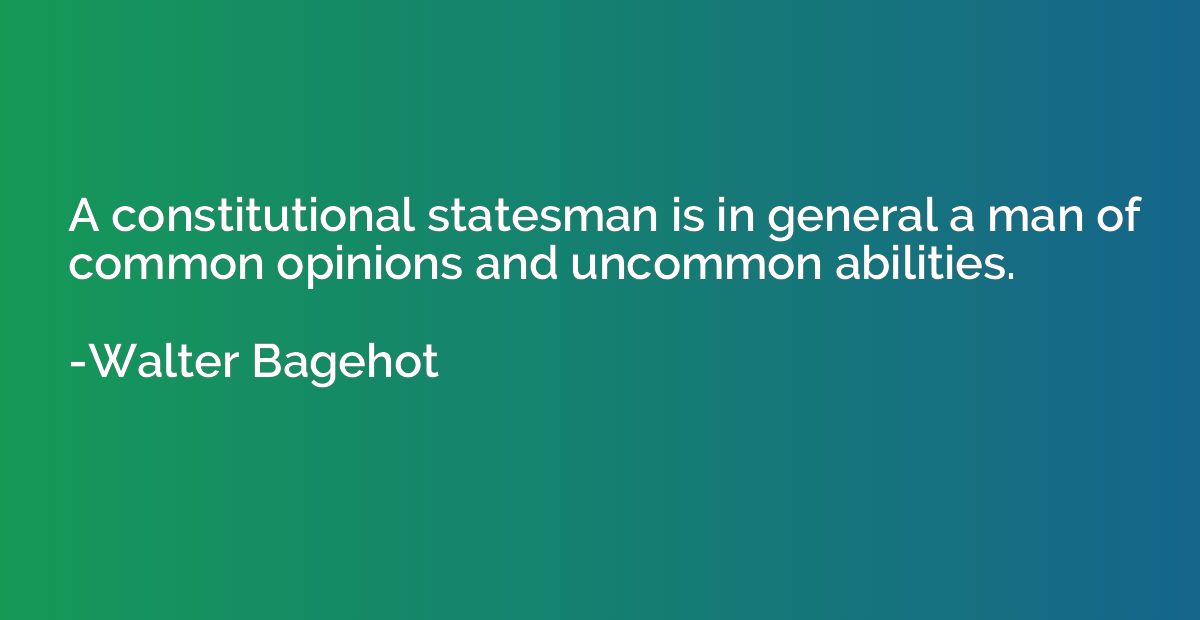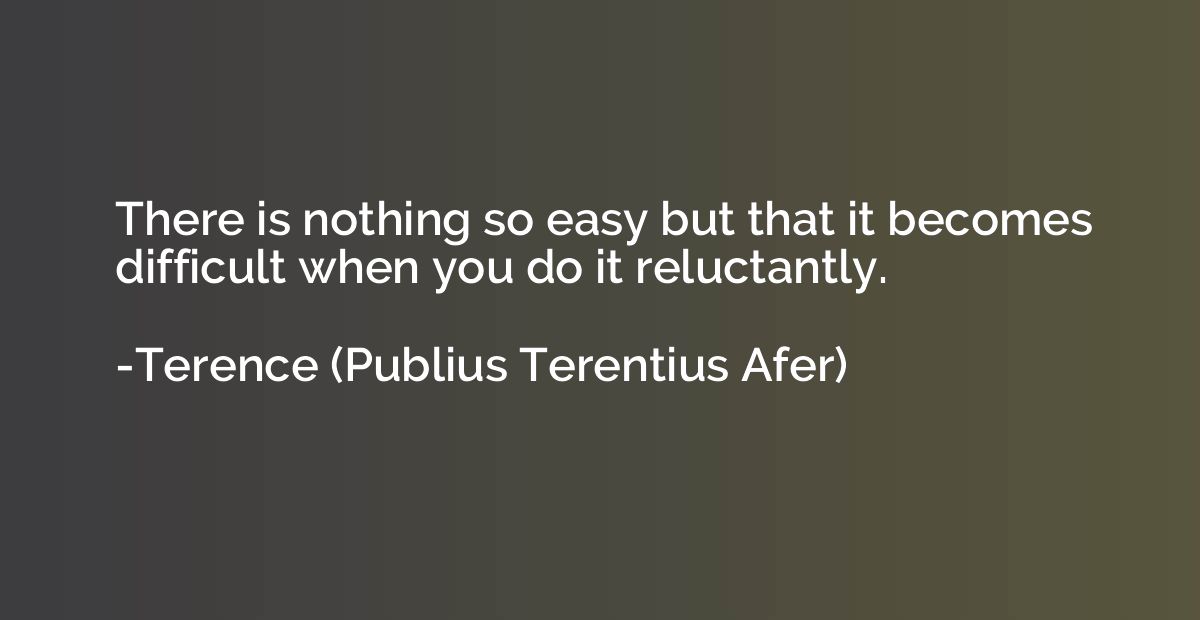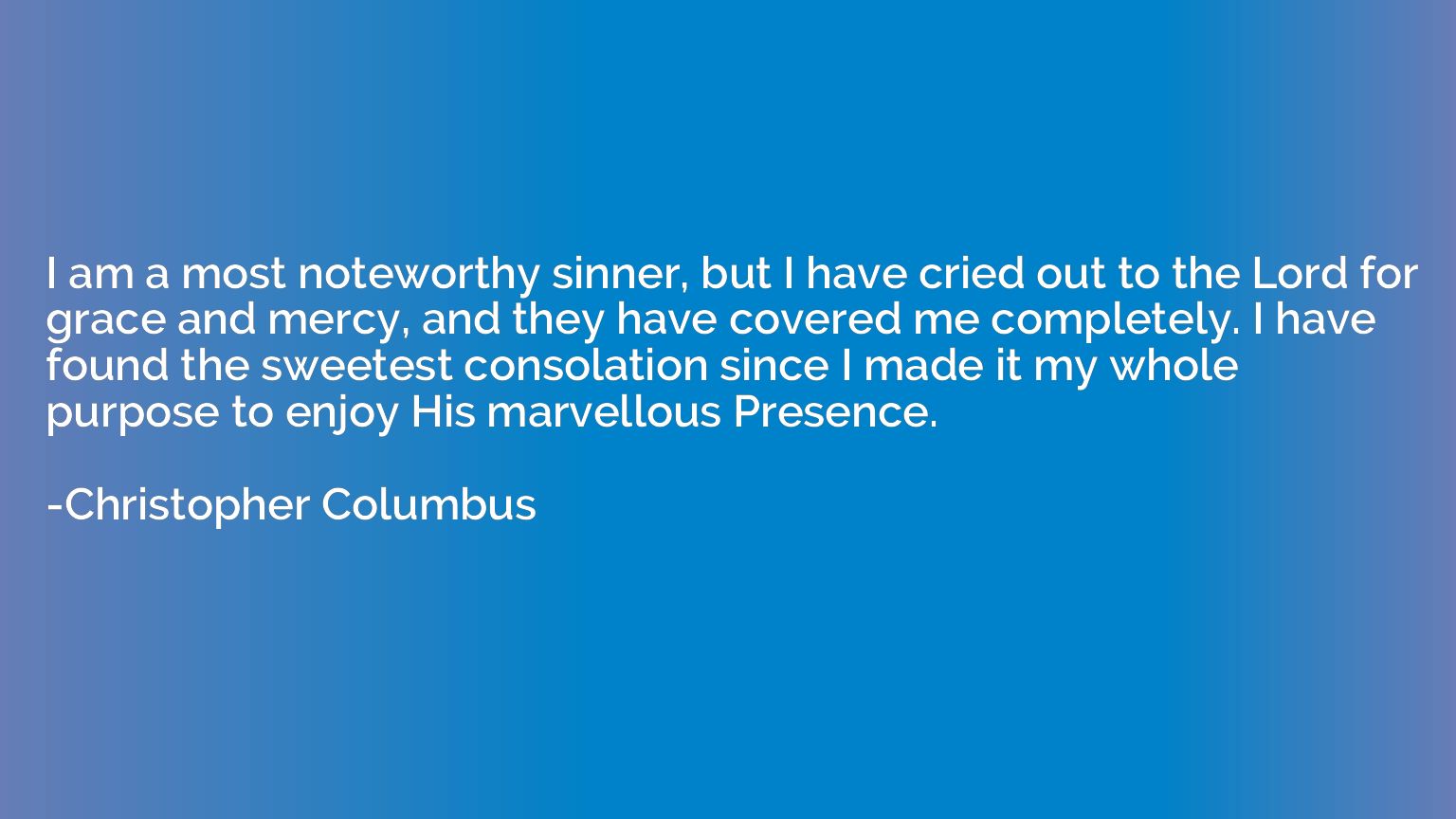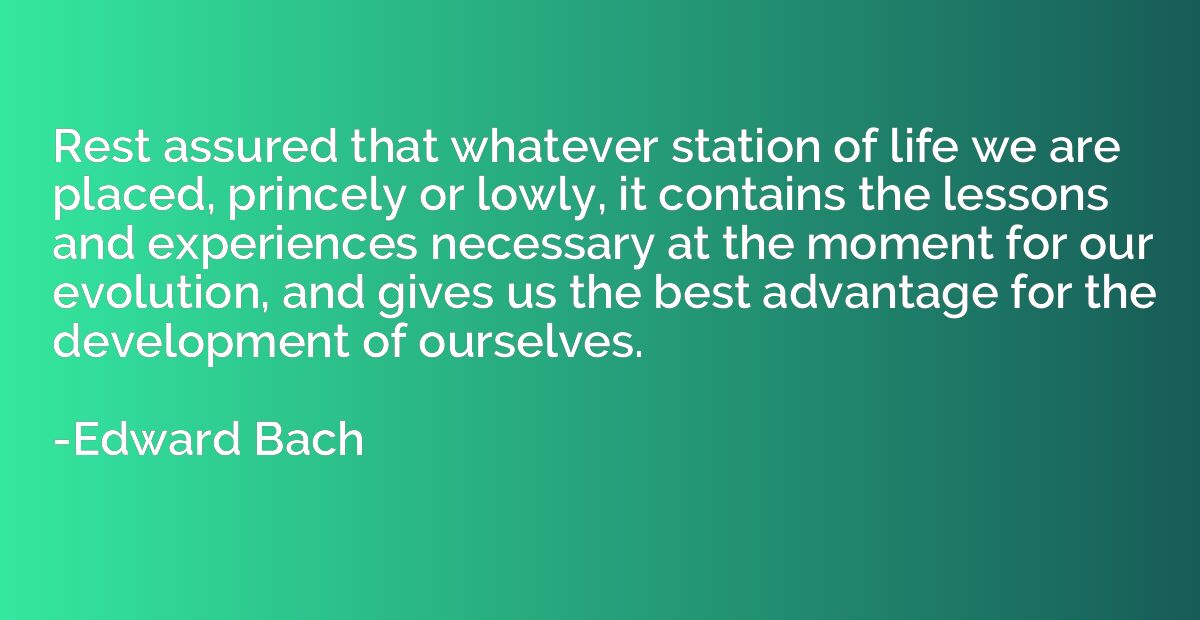Quote by George William Russell
As to her worshippers she came descending from her glowing skies So Aphrodite I have seen with shining eyes look through your eyes: One gleam of the ancestral face which lighted up the dawn for me: One fiery visitation of the love the gods desire in thee!
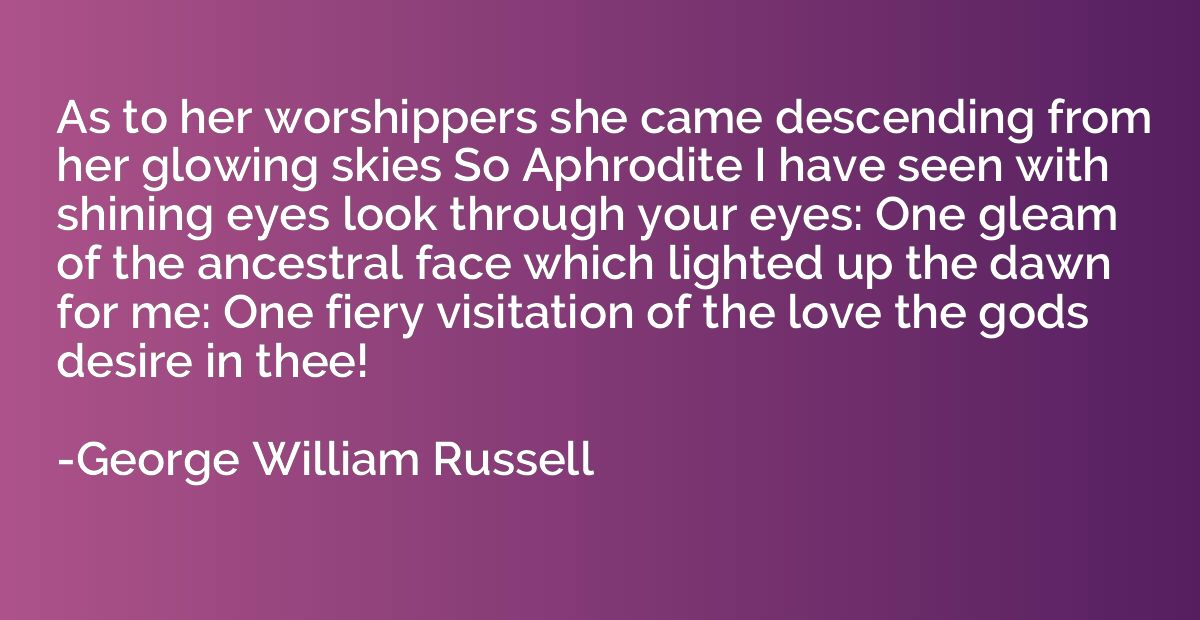
Summary
This quote describes the experience of encountering Aphrodite, the goddess of love and beauty. It suggests that when she appeared to her worshippers, she would descend from the heavens with radiant eyes, as if looking through their eyes. The quote also mentions seeing a glimpse of her ancestral face, which brought a sense of awakening and illuminated the person's world. Furthermore, it speaks of the intense love and passion that the gods desire, implying that encountering Aphrodite evokes a powerful and transformative visitation of love. Overall, the quote conveys the mystical and enchanting nature of encountering the goddess of love.



